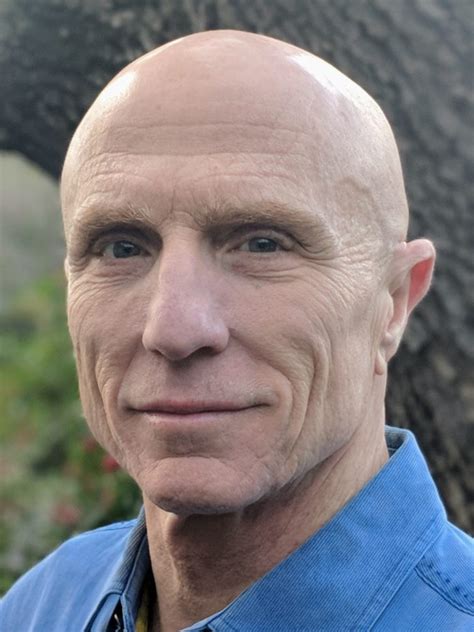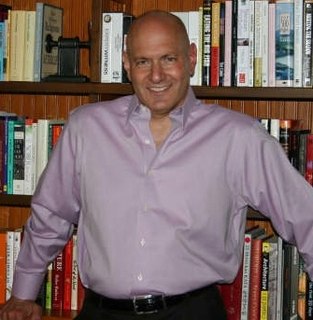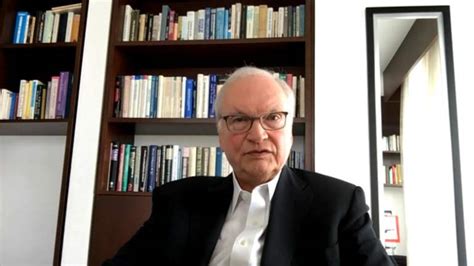A Quote by Judith Orloff
Whenever your well-being feels at risk around certain people, make a tactful and swift exit.
Related Quotes
Some people mistake weakness for tact. If they are silent when they ought to speak and so feign an agreement they do not feel, they call it being tactful. Cowardice would be a much better name. Tact is an active quality t hat is not exercised by merely making a dash for cover. Be sure, when you think you are being extremely tactful, that you are not in reality running away from something you ought to face.
To laugh is to risk appearing a fool. To weep is to risk appearing sentimental. To reach out to another is to risk involvement. To expose feelings is to risk exposing your true self. To place your ideas and dreams before a crowd is to risk their loss. To love is to risk not being loved in return. To hope is to risk pain. To try is to risk failure. But risks must be taken, because the greatest hazard in life is to risk nothing.
The church seeks to help form people who can risk being peaceful in a violent world, risk being kind in a competitive world, risk being faithful in an age of cynicism, risk being gentle among those who admire the tough, risk love when it may not be returned, because we have the confidence that in Christ we have been reborn into a new reality.
If for you the most important thing is to make a lot of money, then you don't want to take a certain type of risk. If, on another hand, the most important thing to you is to make people around you have a more fulfilled life, then there is a different set of things that are important to you. Unless you really know that about yourself, you will never be able to appropriately assess risk.
The risk of working with people you don't respect; the risk of working for a company whose values are incosistent with your own; the risk of compromising what's important; the risk of doing something that fails to express-or even contradicts--who you are. And then there is the most dangerous risk of all--the risk of spending your life not doing what you want on the bet that you can buy yourself the freedom to do it later.
It takes courage to care for others, because people who care run the risk of being hurt. It's not easy to let your guard down, open your heart, react with sympathy or compassion or indignation or enthusiasm when usually it's much easier-and sometimes much safer-not to get involved. People who take the risk make a tremendous discovery: The more things you care about, and the more intensely you care, the more alive you are.
Well, my mother and certain other people in my life - a lot of important people - have said, "Floyd, nobody is perfect except for god." And I always knew that; I just wanted my victories to be flawless. I didn't want to get hit at all. I wasn't gonna make any mistakes. And that's the problem with me growing up and being around a trainer that wants his fighter to be perfect.
Everything is a risk in Pakistan: If you defend women, it's a risk. If you defend non-Muslims it's a risk. If you discuss religion, it's a risk. But you can't really sit there like a vegetable in your own society. And I'm committed to that society... and I feel I need to turn around and speak as I should.


































